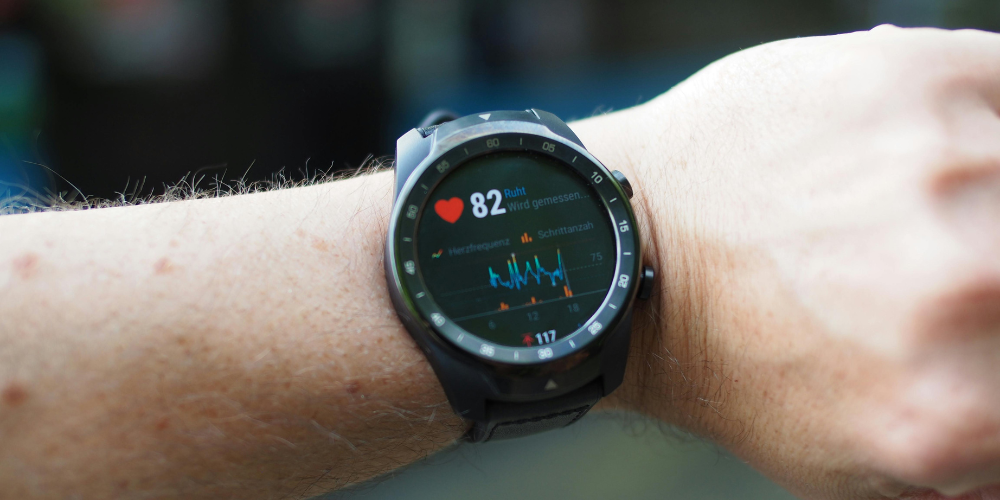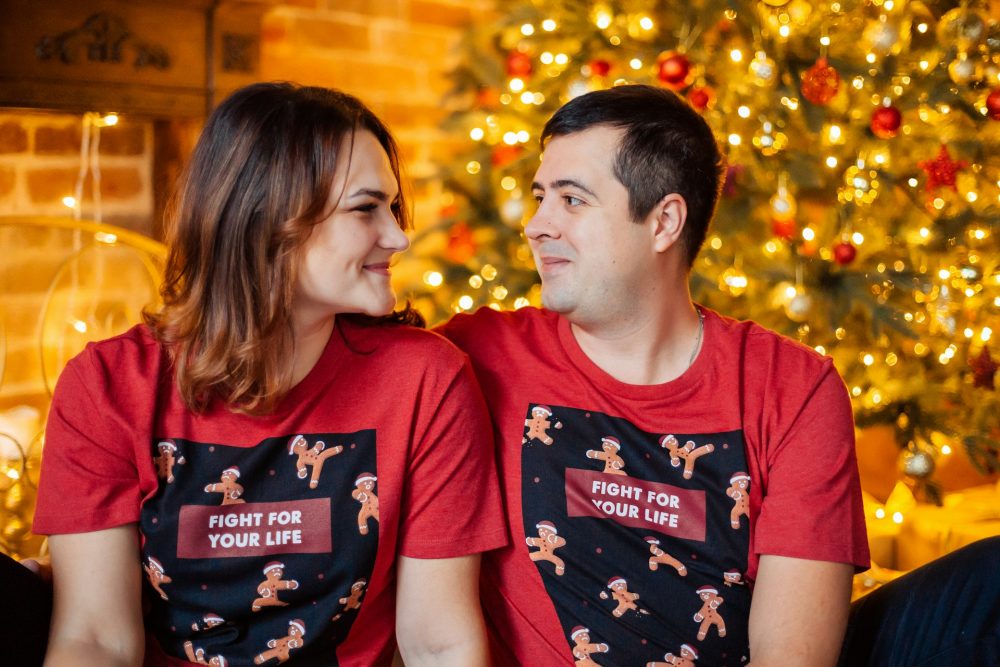Wearable technology has transformed the way we monitor and manage our health. These devices have become integral to our daily lives, from fitness trackers to smartwatches. However, their impact goes beyond counting steps and tracking sleep patterns. Scientists are harnessing the power of wearable technology to gain valuable insights into patients and diseases, revolutionizing healthcare and research.
Continuous Monitoring of Vital Signs
Traditionally, medical assessments required patients to visit clinics or hospitals periodically, making it challenging to capture a comprehensive picture of their health. Wearable devices with sensors for monitoring vital signs such as heart rate, blood pressure, and body temperature offer a revolutionary solution. Patients can wear these devices throughout the day, enabling continuous data collection.
This continuous monitoring provides scientists with a wealth of previously inaccessible information. They can track how a patient's vital signs change in response to various activities, stressors, or medications. This data helps tailor personalized treatment plans and identify potential health risks early on.
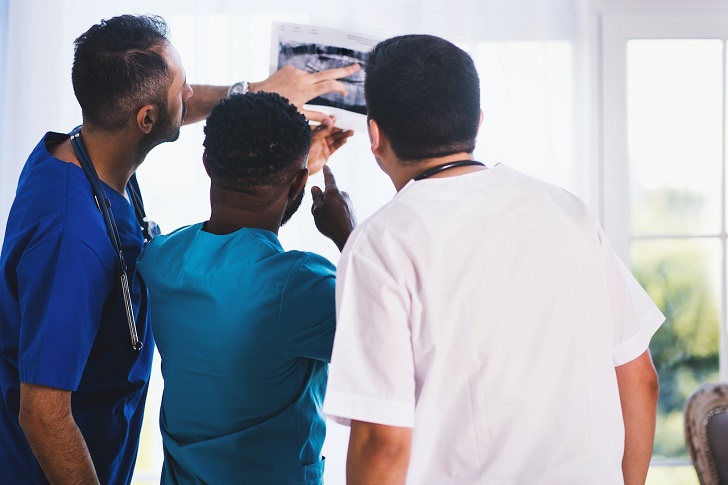
EVG Kowalievska/ Pexels | 320 million health wearable devices will be shipped worldwide in 2024
Remote Patient Monitoring
Wearable technology has facilitated remote patient monitoring, which is particularly valuable for individuals with chronic diseases or those recovering from surgeries. Patients can share real-time health data with their healthcare providers, enabling timely interventions and reducing the need for frequent in-person visits.
For instance, patients with diabetes can wear continuous glucose monitoring (CGM) devices that provide regular blood glucose readings. Healthcare professionals can remotely monitor these readings and adjust treatment plans accordingly, improving diabetes management and reducing the risk of complications.
Behavioral Insights
Understanding patient behavior is essential for managing chronic diseases, mental health conditions, and addiction. Wearable devices can track activity levels, sleep patterns, and mood changes. This information helps scientists and healthcare providers understand how patients' behaviors impact their health and well-being.
For example, researchers studying depression can analyze data from wearable devices to identify patterns in sleep disturbances and physical activity levels, which may correlate with depressive episodes. Healthcare professionals can offer their patients more targeted interventions and support with this information.
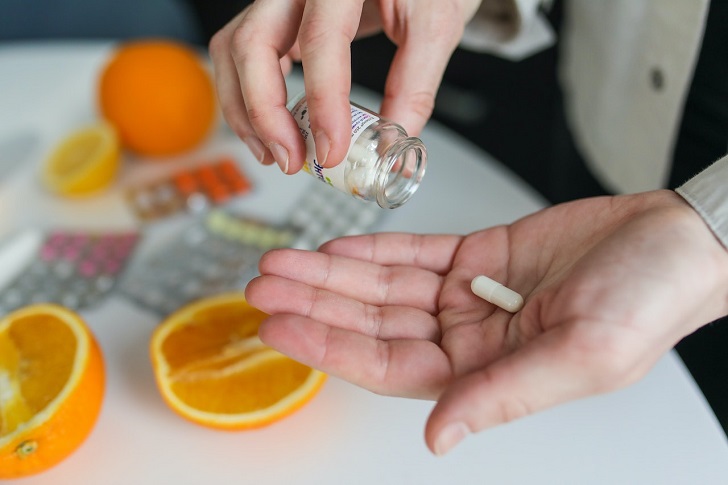
Polina Tankilevitch/ Pexels | With the introduction of IoT wearable devices, doctors can monitor a patient's heart rate, glucometer readings, calorie count, and other vital signs
Disease Research and Early Detection
Wearable technology plays a crucial role in disease research and early detection. Scientists can identify trends and patterns indicative of disease onset or progression by collecting vast amounts of data from wearables worn by a diverse population.
One of the most promising applications is in the field of cardiovascular health. Wearable devices continuously monitor heart rate and other vital signs, allowing scientists to detect irregularities that may indicate underlying heart conditions. Early detection can lead to timely interventions, potentially saving lives.
Real-World Clinical Trials
Traditional clinical trials often have limitations such as small sample sizes, strict inclusion criteria, and limited data points. Wearable technology is changing the clinical research landscape by enabling real-world, continuous data collection from diverse populations.
In pharmaceutical research, wearable devices can provide valuable data on how a medication affects a patient's daily life. Researchers can monitor the drug's efficacy and impact on sleep, physical activity, and overall well-being. This real-world evidence enhances understanding of a drug's performance in a broader context, potentially leading to safer and more effective treatments.
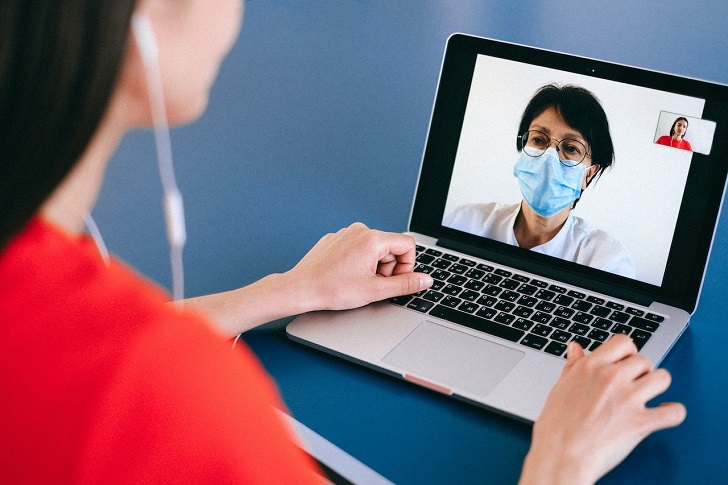
Anna Shvets/ Pexels | These devices have made significant strides in accuracy
Personalized Medicine
The era of personalized medicine is being fueled by wearable technology. By collecting and analyzing a patient's continuous health data, scientists can tailor treatment plans to individual needs and characteristics.
For instance, in cancer care, wearable devices can monitor a patient's response to chemotherapy. If the patient experiences adverse side effects or a decline in physical activity, adjustments can be made to the treatment regimen promptly. This approach minimizes unnecessary suffering and enhances treatment outcomes.
Big Data Analytics
The sheer volume of data generated by wearable devices presents both a challenge and an opportunity. Scientists employ advanced data analytics techniques, including artificial intelligence and machine learning, to extract meaningful insights.
These technologies can sift through mountains of data to identify relevant patterns, anomalies, and correlations. They can predict disease outbreaks, assess treatment effectiveness, and offer predictive modeling for individual patient outcomes.







